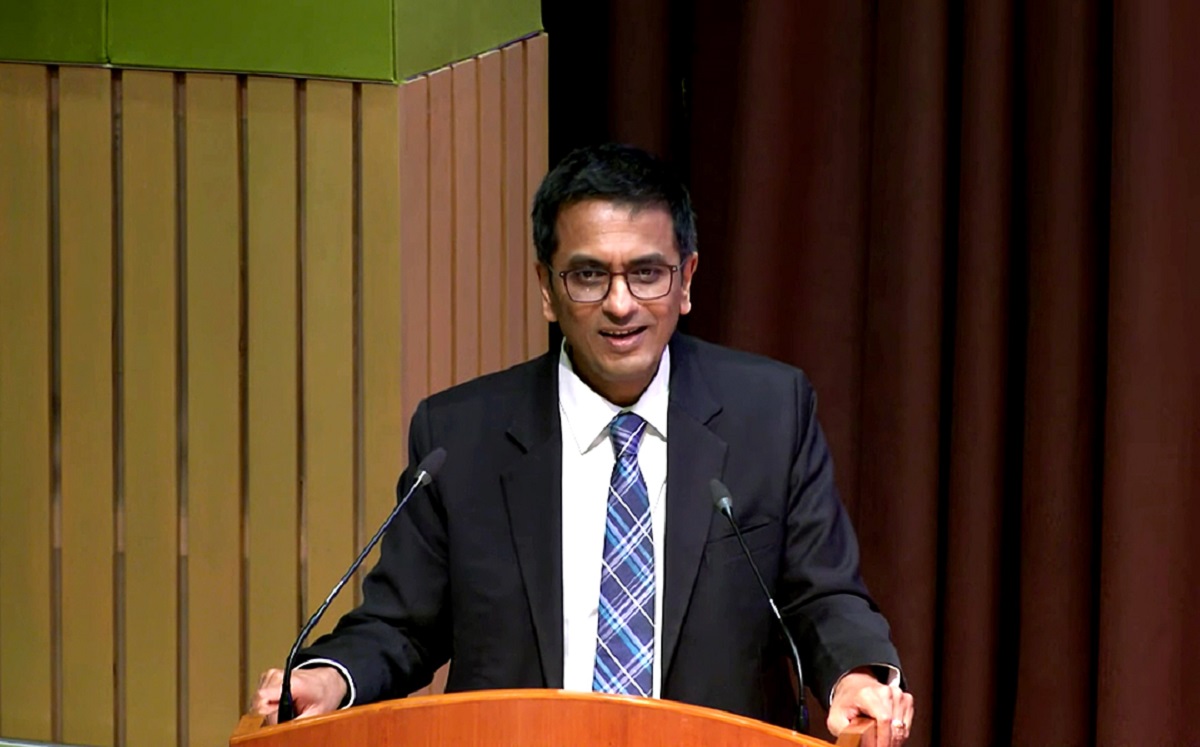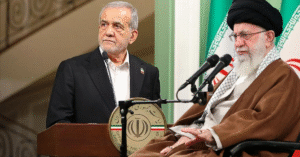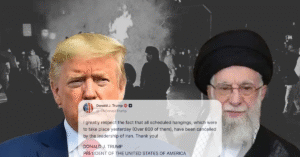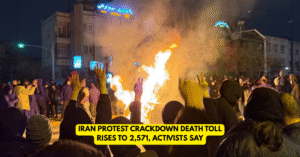New Delhi: Chief Justice of India (CJI) D Y Chandrachud addressed the recent debate over Prime Minister Narendra Modi’s visit to his residence for Ganpati puja, emphasizing that there was “nothing wrong” with such interactions and calling for greater “maturity in political discourse.” His remarks come after opposition parties, led by the Congress, voiced concerns regarding propriety and judicial independence, while the ruling BJP defended the visit as part of Indian culture.
During an event organized by The Indian Express, CJI Chandrachud clarified that while separation of powers is a foundational principle, it does not mean the judiciary and executive must operate in complete isolation. Highlighting that these dialogues often cover practical matters such as infrastructure, budgeting, and technology, he stressed, “The judiciary and executive are not antagonists; they are simply in distinct roles.”
He elaborated that these inter-institutional interactions are vital for the judiciary’s administrative functions and do not influence judicial decisions. “A robust dialogue between the executive and the judiciary on administrative matters has nothing to do with how cases are decided,” CJI Chandrachud stated, dismissing notions of any interference in judicial processes.
Clarifying His Faith and Objectivity
CJI Chandrachud addressed his stance on faith, emphasizing that while he is a person of faith, his beliefs do not affect his judgments. Responding to social media controversy surrounding his statement about praying for a resolution to the Ayodhya dispute, he explained, “I have my own faith and equally respect all religions. My faith offers me calm and objectivity, and that is separate from my legal duty to provide impartial justice.”
He further emphasized that a judge’s personal beliefs should not be conflated with judicial impartiality. “Belonging to a faith has no bearing on one’s ability to administer justice fairly,” he added, responding to concerns that his faith could impact his decisions on cases involving individuals from diverse backgrounds.
Reflecting on Institutional Discipline
Addressing a question about the 2018 press conference by four Supreme Court judges against former CJI Dipak Misra, CJI Chandrachud expressed his commitment to institutional discipline, noting the importance of open dialogue within the judicial system. Additionally, he praised Justice Sanjiv Khanna, the CJI-designate, calling him a “calm and objective individual,” and expressed confidence in his leadership.
In a lighter moment, when asked if he would expand the Ganpati puja image to include the Leader of Opposition (LoP) and other justices, CJI Chandrachud joked that he would not, as it was not a selection committee meeting for government appointments.
Reflecting on Bail Case Backlogs and Personal Liberty
CJI Chandrachud also highlighted the court’s efforts to address bail cases, an area of heightened media attention. Since assuming office in November 2022, he has prioritized bail cases to uphold the principle of personal liberty. Sharing data, he noted, “From November 2022 to November 2024, 21,358 bail cases have been disposed of by the Supreme Court, with a focus on cases affecting personal freedom.”
He expressed his concerns over the portrayal of high-profile cases in the media, explaining that such cases often involve more complexities than their media portrayals suggest. Citing his track record of granting bail from “A to Z,” referring to cases from Arnab Goswami to Mohammed Zubair, CJI Chandrachud underlined his consistent approach in ensuring fair consideration of cases across the board.
Concluding his remarks, CJI Chandrachud urged society to trust the judiciary’s commitment to transparency and impartiality, asserting that “deals are not cut in social interactions,” and adding that casting doubts on judicial integrity ultimately erodes trust in the system.






